News
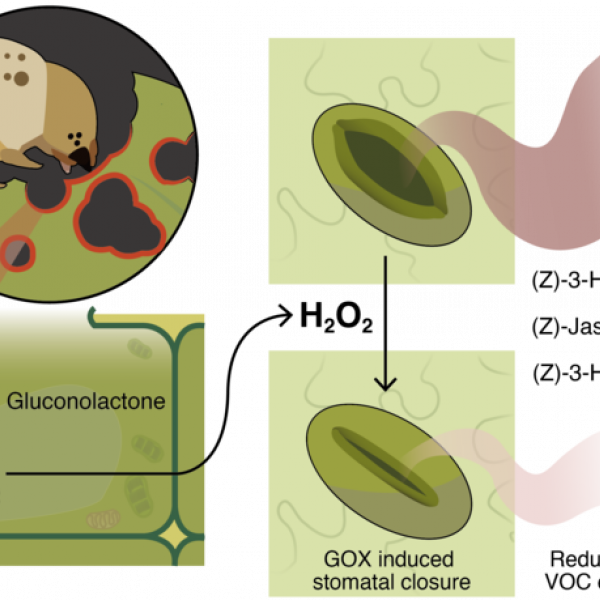
Feb 18, 2021
Silencing the alarm
An enzyme in the saliva of certain insects prevents their food plants from warning neighboring plants of an attack.
Full Article
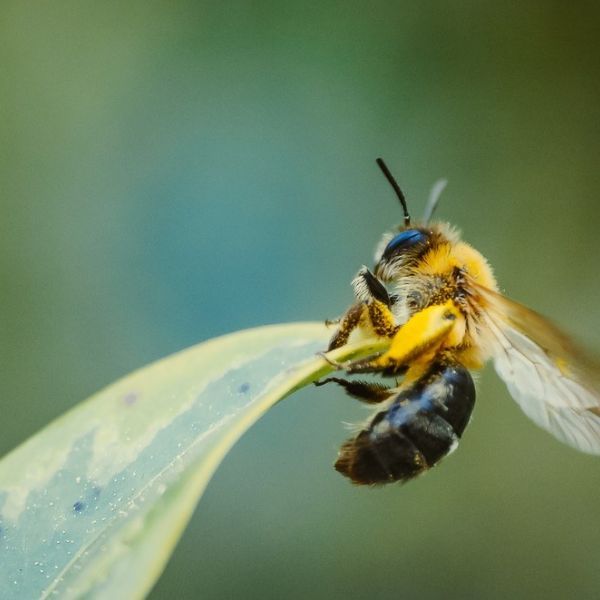
Feb 04, 2021
The business of bees
The economic value of insect pollination services is much higher than previously thought in the U.S., new research finds.
Full Article
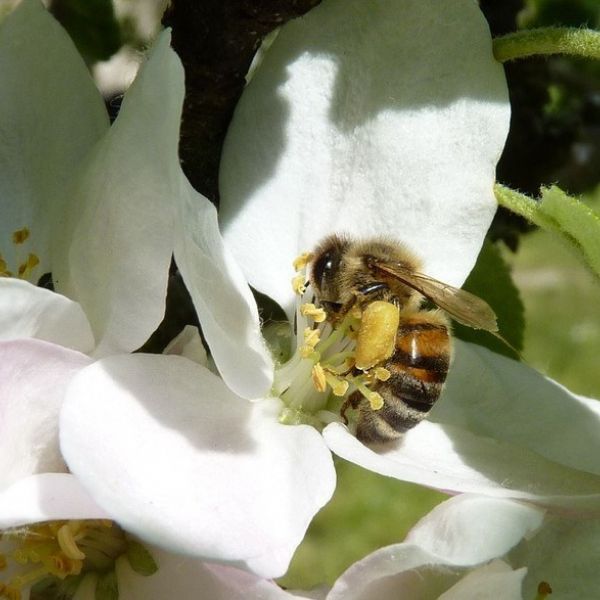
Feb 02, 2021
Summer weather conditions influence winter survival of honey bees
Winter survival of honey bee colonies is strongly influenced by summer temperatures and precipitation in the prior year, according to Penn State researchers, who said their findings suggest that honey bees have a "goldilocks" preferred range of summer conditions outside of which their probability of surviving the winter falls.
Full Article

Feb 01, 2021
Ecology Institute to hold pitch slam for funding competition
The Ecology Institute announced a funding competition for its annual Flower Grant for Ecological Research. The events, which will take place as virtual pitch slams, will occur from noon to 1 p.m. on March 9 and 10. The Ecology Institute is inviting researchers who are seeking funding to participate.
Full Article
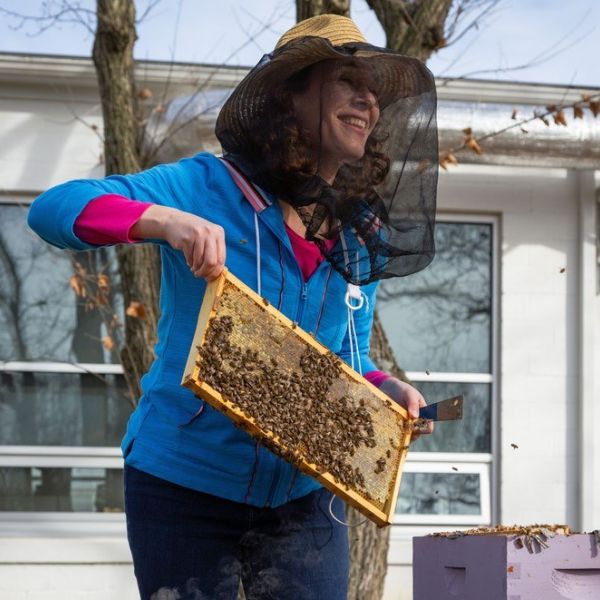
Jan 22, 2021
Grozinger receives National Academy's Prize in Food and Agriculture Sciences
Christina Grozinger, Publius Vergilius Maro Professor of Entomology in Penn State's College of Agricultural Sciences, will be honored by the National Academy of Sciences for helping the world understand how to address the crisis of global declines in pollinator populations.
Full Article

Jan 20, 2021
Two Ecology Grad Students Win College of Ag Sci Grants
Two members of the Huck's Ecology graduate program were among the ten winners of the College of Agricultural Sciences' Graduate Student Competitive Grants Program.
Full Article

Jan 19, 2021
Arts and Architecture appoints interim head of landscape architecture
Charles Andrew “Andy” Cole, associate professor of landscape architecture and ecology and the director of the E+D: Ecology plus Design research initiative, has been appointed the interim head of the Department of Landscape Architecture by Penn State College of Arts and Architecture Dean B. Stephen Carpenter II.
Full Article
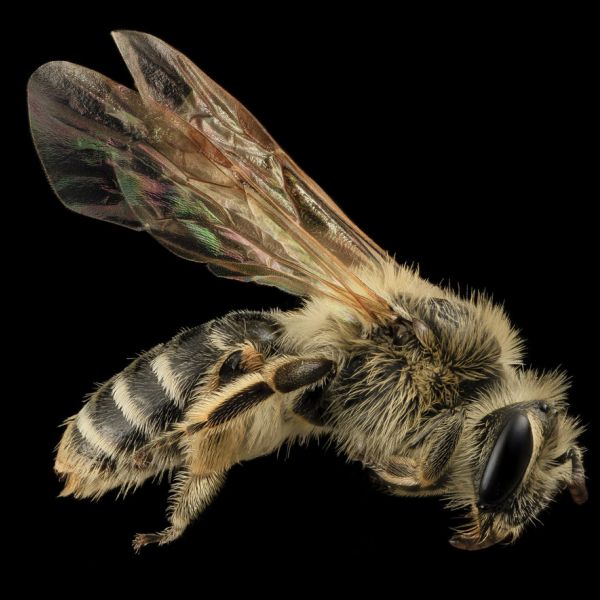
Jan 12, 2021
Climate change reduces the abundance and diversity of wild bees, study finds
Wild bees are more affected by climate change than by disturbances to their habitats, according to a team of researchers led by Penn State. The findings suggest that addressing land-use issues alone will not be sufficient to protecting these important pollinators.
Full Article
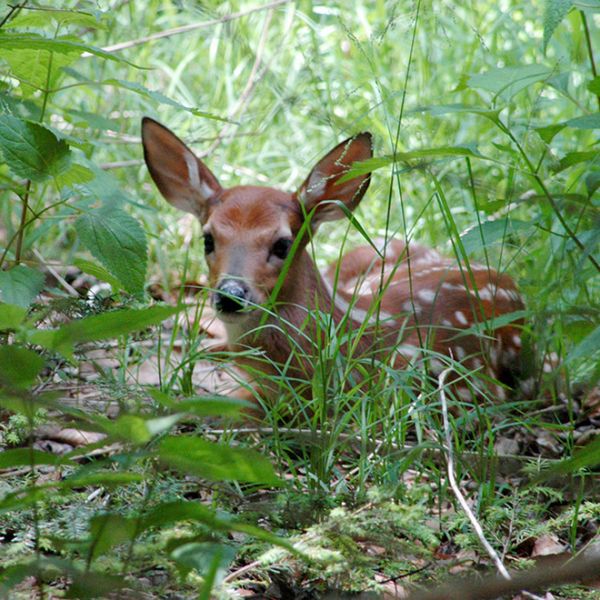
Jan 21, 2021
Levels of stress hormone in saliva of newborn deer fawns may predict mortality
The first-ever study of the levels of the stress hormone cortisol in the saliva of newborn white-tailed deer fawns yielded thought-provoking results that have Penn State researchers suggesting predation is not the only thing in the wild killing fawns.
Full Article

Dec 01, 2020
Warbler coloration shaped by evolution via distinct paths
Two genes that are important for the diverse colors and patterns of warbler plumage have evolved through two very different processes, according to a new study led by Penn State researchers. These evolutionary processes could help explain the rapid evolution of these songbirds into so many unique species.
Full Article